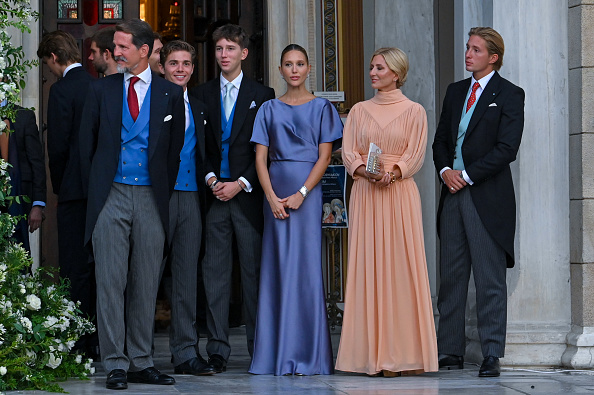Apple has pulled all of its iPhone 14, 14 Plus, and iPhone SE products from the European Union market as the bloc’s ban on non-USB-C connectors came into effect on December 28.
Devices with the iPhone’s distinctive Lightning charger cable port disappeared from Apple stores across the EU, and also in Switzerland and Northern Ireland, on December 27.
This meant consumers there and across the Single Market could no longer buy the most budget-friendly iPhones. The newer and more expensive iPhone 15 and 16 have had the EU’s mandatory USB-C connector since September 2024.
The least expensive iPhone 16 cost €979 in the Apple Store in the EU.
While the iPhone SE was substantially more economical at £429 (or €518), the UK Apple Store website has said: “In compliance with EU Common Charger regulations, we are unable to sell this device in Northern Ireland. Customers in England, Wales and Scotland may still place orders for this device.”
Some critics, such as Paris-based venture capital investor Michael Jackson, questioned: “How exactly does this ensure better-charging technology?” noting USB-C was “already more than a decade old”.
“The EU regulates while other places innovate,” he argued.
UK-based fintech executive Dan Barker said: “Wait till they find out there are five varieties of USB-C.”
He added that if the EU “heavily market[s] that they’re all the same, retailers then sell the cheapest cables”.
“If a cable is a cable is a cable, there is no incentive for retailers to sell the cheapest (to them) cables at a retail price less than the most expensive,” Barker said.
“Useful for retailers’ margin, I suppose, but I doubt that was the intended outcome,” he concluded.
Earlier this year, Irish news broadcaster RTE said the measure was also likely in the short term to increase both waste and costs for consumers, who may need adapters or dongles to connect new USB-C devices to older computers without USB-C ports, or who may now replace cables or devices before they would have otherwise had to do so.
A 2023 survey of 1,023 Android mobile phone users found 44 per cent would be tempted to buy an iPhone if Apple introduced a USB-C charging port.
The EU has said it would extend this common charger regulation to laptop manufacturers in April 2026.





